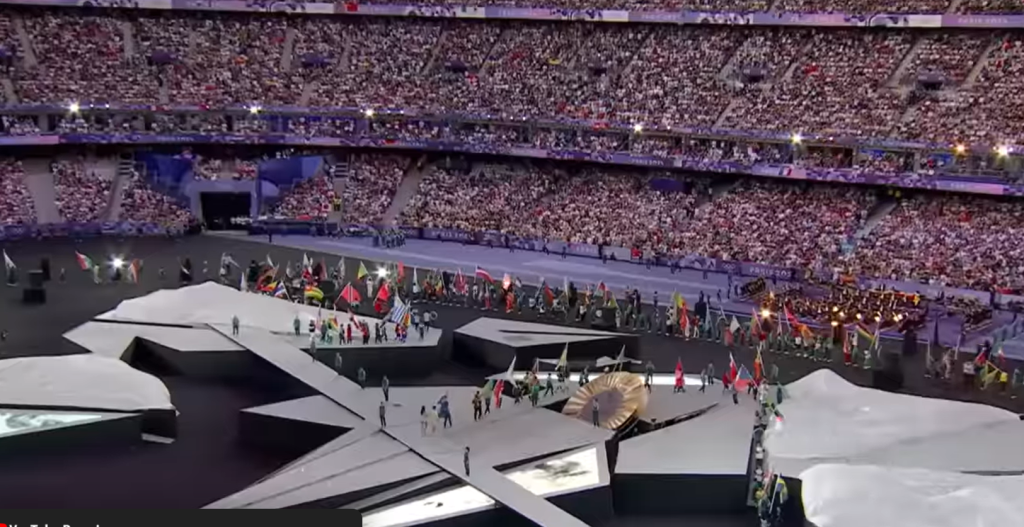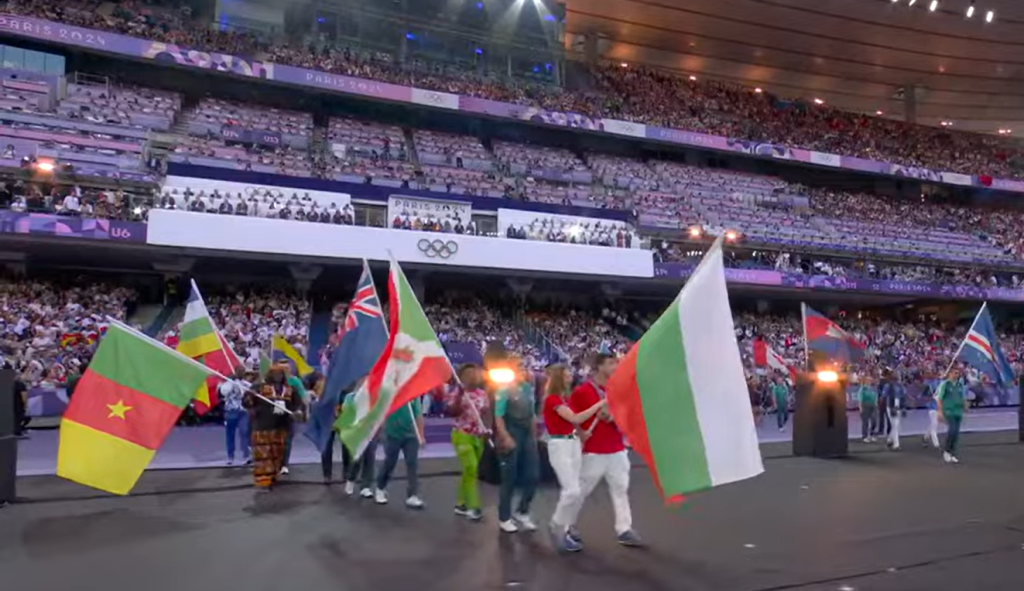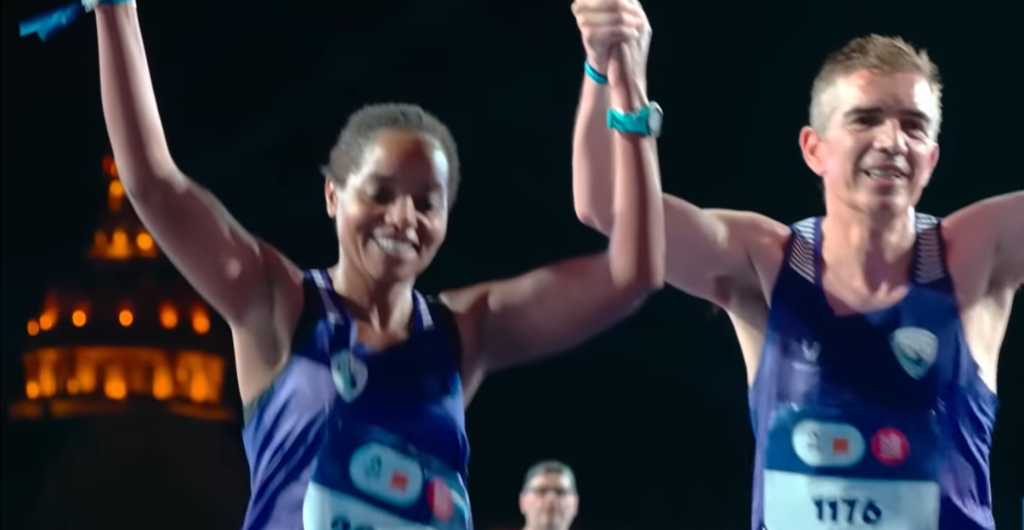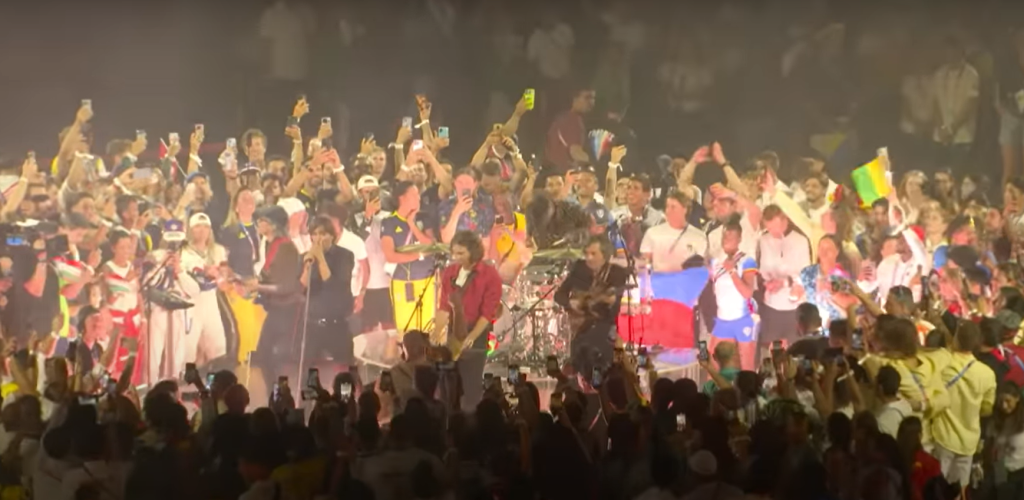The 2024 Olympics:
A Model of Effective Coopetition in a Divided World

The 2024 Olympics were more than just a global sports event; they were a testament to humanity’s potential to unite under a shared goal, even amidst global tension. In a world where political, religious, and racial divides often dominate headlines, the Olympics offered a beacon of hope, demonstrating that effective cooperation and competition—what we might call “coopetition”—can coexist, bringing out the best in all of us.
With 222 countries represented, each team comprised athletes of different races, religions, and political affiliations. These athletes competed fiercely, yet with a level of respect, compassion, and tolerance that the global stage often lacks. This is particularly remarkable considering the current global climate, marked by political strife, religious intolerance, ethnic and racial tensions. The Olympic games showcased the incredible power of diverse teams working towards a common goal, all while respecting the rules, standards, and procedures that ensure fair play.

The diversity within almost every Olympic team is a powerful reminder of the benefits of embracing inclusive and equitable principles. The ability to integrate our competitive drive with our collaborative needs is essential, not just in sports, but in all areas of life. When we respect and encourage each other, even during intense competition, we can unlock the full potential of our team, and humanity at large. This is the essence of Conscious Leadership—the ability to compete at the highest level while maintaining honor, integrity, and morality.
The success of the 2024 Olympics underscores the importance of adopting effective Conflict Management, Equity, Diversity, and Inclusion (EDI) practices, and Problem-Solving skills in all areas of life. These leadership disciplines, when applied appropriately, enable teams and cultures on all levels of society to thrive, even in the most challenging times.

The Olympics also highlighted the hypocrisy often seen in global leadership. While global leaders struggle to manage international relations without resorting to divisive or destructive tactics, the athletes in the Olympics showed us a better way. They competed with honor and integrity, regardless of their background, and many countries were represented on the podium by athletes who originated elsewhere. This is a powerful symbol of the global unity that can be achieved through cooperation, even in competition.

As we face global challenges that require unprecedented collaboration, we must look to the example set by the athletes and organizers of the Olympics. The event proved that peace is the path to collaboration, and collaboration is the path to our sustainability.
If we can replicate the Olympic model of coopetition in our organizations, communities, and international relations, we can build a more harmonious and productive world.
